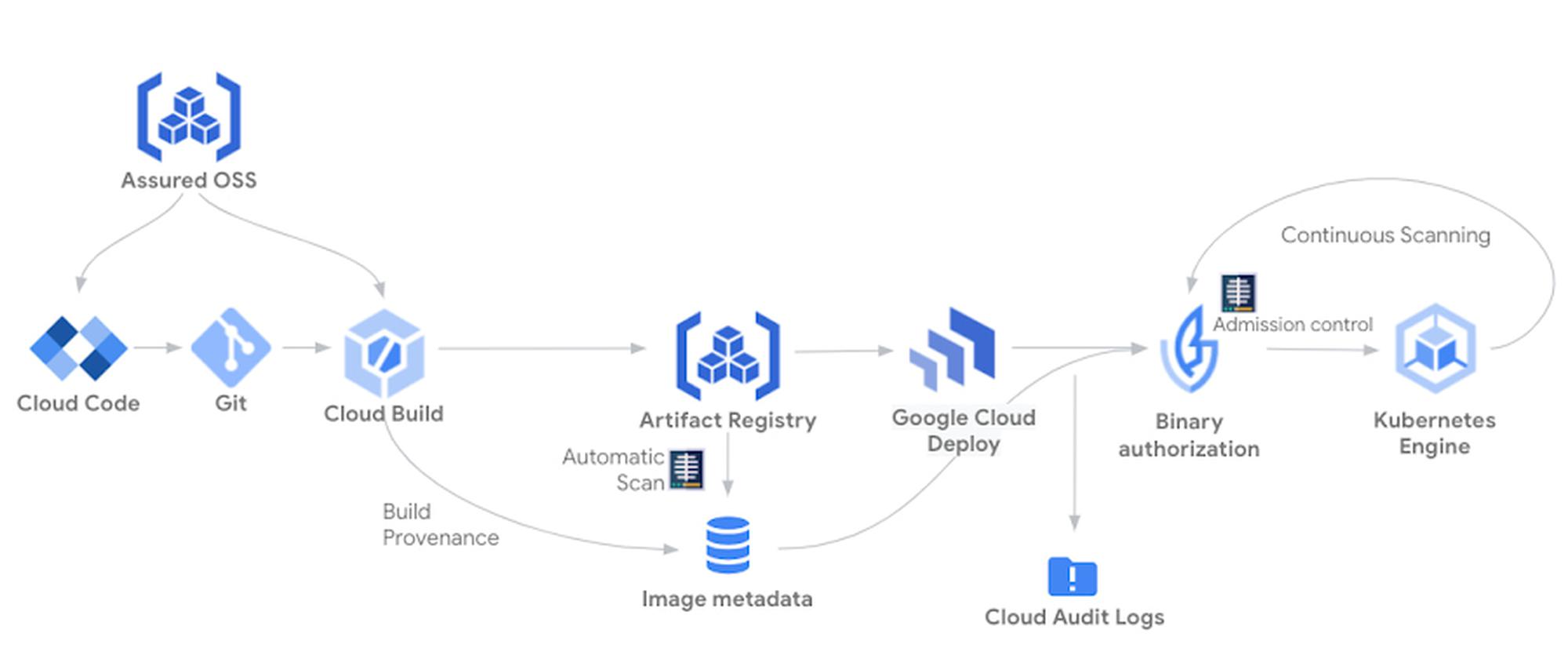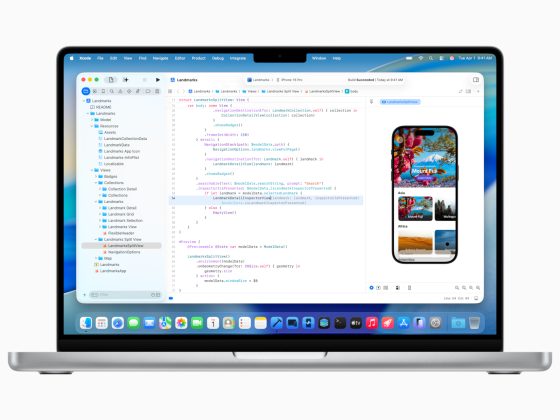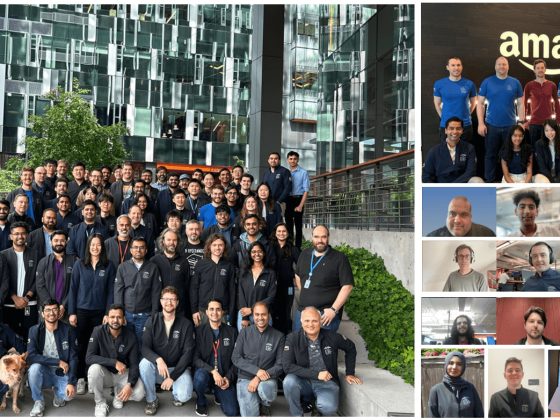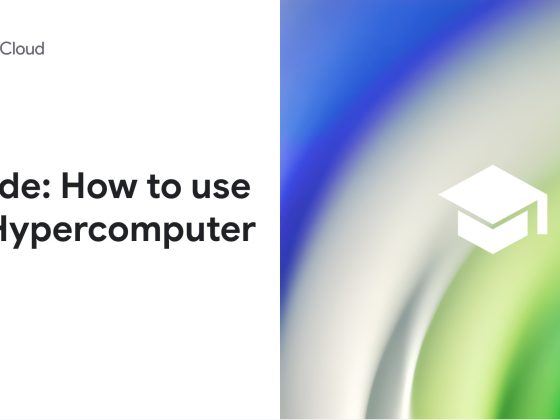With the recent announcement of Assured Open Source Software service, Google Cloud can help customers secure their open source software by providing them with the same open source packages that Google uses. By getting security assurances from using these open source packages, Google Cloud customers can enhance their security posture and build their own software using the same tools that we use such as Cloud Build, Artifact Registry and Container/Artifact Analysis. Here’s how Assured OSS can be incorporated into your software supply chain to provide additional software security assurances during the software development and delivery process.
Building security into your software supply chain
Out of the gate, the software development process begins with assurances from Google Cloud as developers are able to use open-source software packages from the Assured OSS service through their integrated development environment (IDE).
When developers commit their code to their Git code repository, Cloud Build is triggered to build their application in the same way Assured OSS packages are built. This includes Cloud Build automatically generating, signing and storing the build provenance, which can provide up to SLSA level 2 assurance.
As part of the build pipeline, the built artifacts are stored in Artifact Registry and automatically scanned for vulnerabilities, similar to how Assured OSS packages are scanned. Vulnerability scanning can be further enhanced using Kristis Signer policies that define acceptable vulnerability criteria which can be validated by the build pipeline.
It’s important that only vetted applications be permitted into runtime environments like Google Kubernetes Engine (GKE) and Cloud Run. Google Cloud provides the Binary Authorization policy framework for defining and enforcing requirements on applications before they are admitted into these runtimes. Trust is accumulated in the form of attestations, which can be based on a broad range of factors including the use of blessed tools and repositories, vulnerability scanning requirements, or even manual processes such as code review and QA testing.
Once the application has been successfully built and stored with passing vulnerability scans and trust-establishing attestations, it’s ready to be deployed. Google Cloud Deploy can help streamline the continuous delivery process to GKE, with built-in delivery metrics and security and auditing capabilities. Rollouts to GKE can be configured with approval gates to ensure that the appropriate stakeholders or systems have approved application deployments to target environments.
When the application is deployed to the runtime, Binary Authorization is used to ensure that only applications that previously have been signed by Cloud Build or have otherwise successfully collected required attestations throughout the supply chain are permitted to run.
This software supply chain allows you to build your applications in a similar manner as our Assured OSS packages, and securely delivers them to a runtime with added assurances provided by Cloud Deploy and Binary Authorization. As a result, you’re able validate the integrity of the application that you developed, built, and deployed—and have a greater level of confidence in the security of running applications.
Take the next step
We are thrilled to provide you with a growing set of capabilities across our services to help secure your software supply chain.
To get started, try out Cloud Build, Artifact Registry, Container/Artifact Analysis, Cloud Deploy and Binary Authorization. To learn more about Assured OSS, please fill out this form.
By: Damith Karunaratne (Group Product Manager)
Source: Google Cloud Blog
For enquiries, product placements, sponsorships, and collaborations, connect with us at [email protected]. We'd love to hear from you!
Our humans need coffee too! Your support is highly appreciated, thank you!









